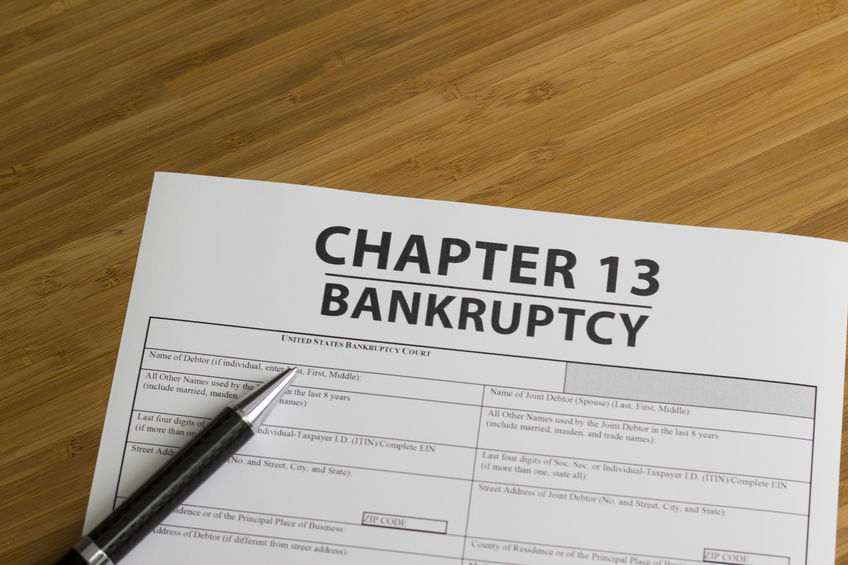What You Should Know About Various Types of Bankruptcy

Filing for bankruptcy is one of the most critical decisions of your life, and the consequences can be far-reaching. However, if your financial situation is bad and becoming worse, then bankruptcy can be a smart move in some cases.
Bankruptcy is also a complicated legal process that involves loads of paperwork and following the complex steps accurately. A false move may result in the cancellation of your application, which may land you in more financial trouble.
The best way ahead when you have finally decided to file for bankruptcy is to seek the advice of a bankruptcy lawyer. They will also advise you on which type of bankruptcy will work best for you. Should you file under Chapter 7 or Chapter 13 bankruptcy? Your lawyer is the best person to guide you in this matter.
What is Chapter 13 Bankruptcy?
Chapter 13 is a kind of reorganization bankruptcy that can help you retain your assets and property if you plan your move right. The best Chapter 13 bankruptcy lawyer Maryland will provide you the consultancy needed to make a decision on how to proceed ahead. Chapter 7 bankruptcy, also known as liquidation bankruptcy, involves selling off your property to clear your debts. This option is best suited for those who don’t own a house and have limited income or resources.
The Key Differences Between Chapter 7 And Chapter 13 Bankruptcy Are:
- Chapter 7 is liquidation bankruptcy while Chapter 13 is a reorganization plan
- Chapter 7 can be filed by individuals as well as businesses. Chapter 13 is for individuals and sole proprietors only
- Only those with a low disposable income can file for Chapter 7 bankruptcy. Individuals with a specific cut-off unsecured debt or secured debt can file under Chapter 13
- They completed chapter 7 bankruptcy discharge in three to five months, whereas Chapter 13 bankruptcy can take three to five years for completion
Your Chapter 13 bankruptcy lawyer Maryland will also explain how as a debtor you can keep all property but will have to pay your unsecured creditors an amount that is equal in value to non-exempt assets. You can also keep your property, make payments on missed mortgages, and non-dischargeable debt payments that are a priority.
Are You Eligible?
Before you heave a sigh of relief that you can now get relief from those hassling and threatening calls from your creditors, you must know whether you are eligible for filing. Your income is a key deciding factor in checking your eligibility to file for chapter 13 bankruptcy Maryland. The court will check if you have a regular income and specific amounts of secured and unsecured debts, as stated by the state and federal bankruptcy laws.
While filing for bankruptcy can offer you relief from those distressing calls and visits from creditors, there are a few downsides too. The biggest one is the way it impacts your credit score. Chapter 7 bankruptcy remains on your credit report for up to 10 long years. Chapter 13 bankruptcy stays for up to seven years.



